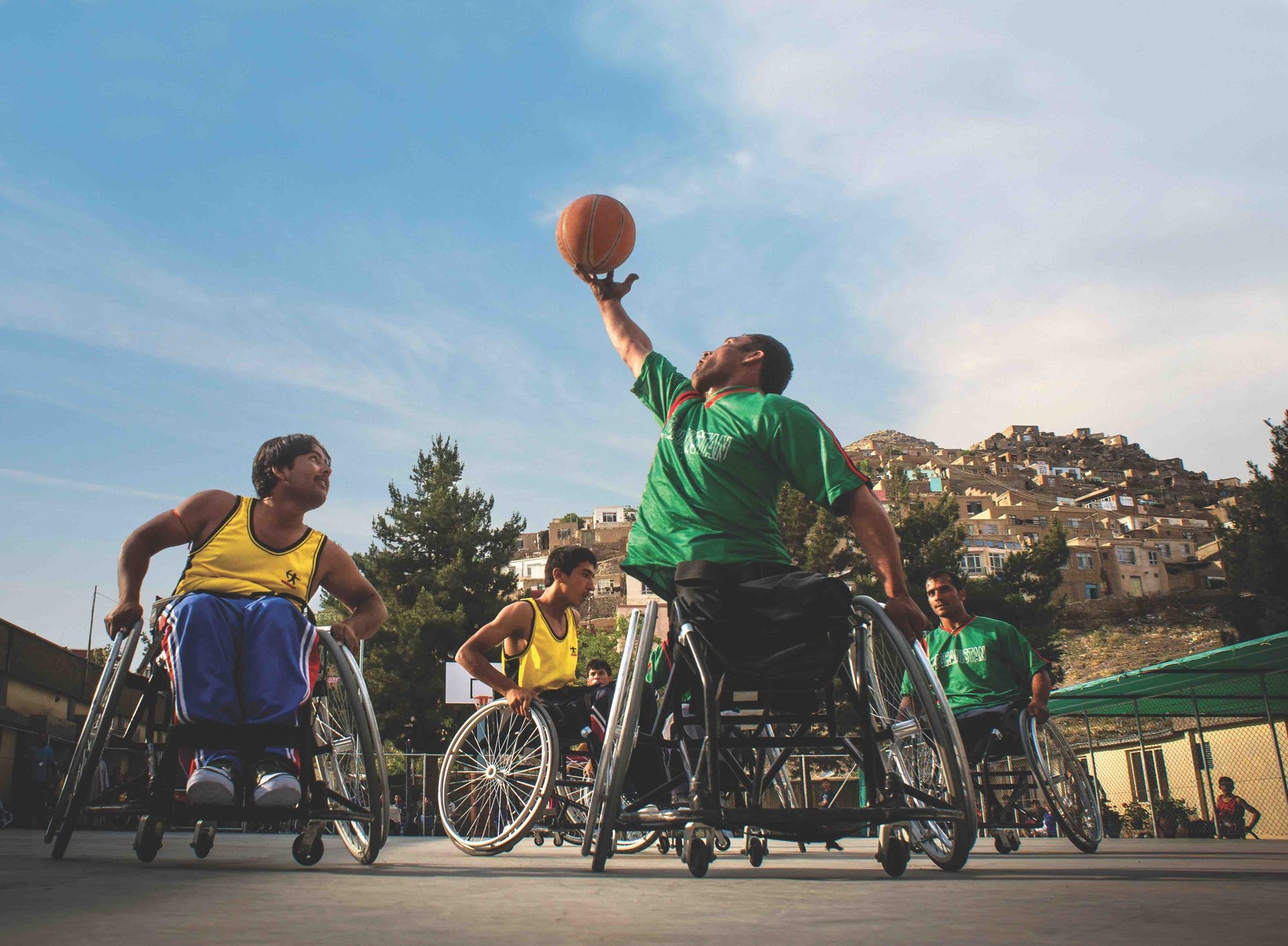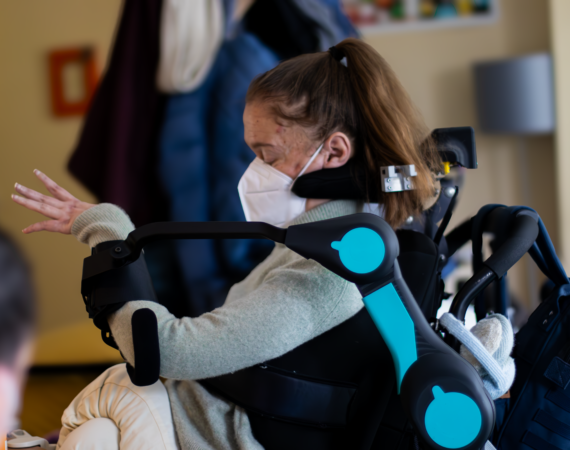Boccia, wheelchair basketball, para-canoe, para-karate, deaf badminton: more than 40 sports are featured in the Summer and Winter Paralympic Games. Since the 1970s, the number of participants in disability sports federations has increased fifteenfold. At the same time, technologies for disabilities have advanced significantly. How is the enthusiasm for disability...
Behind the scenes of developing the ORTHOPUS Partner
Today, we are opening the doors to the behind-the-scenes of developing the ORTHOPUS Partner, our upcoming medical device! We are revealing everything about what we still need to do, our co-design work with alpha tests, the design we aimed to achieve, and the accessories we still need to finalize... ...
What do global figures on disability reveal ?
Figures are relevant indicators to understand and measure health issues. In order to better estimate the needs of people with disabilities, we wanted to draw up an overview of key figures on this subject.
Our modular arm support for people with limited mobility
ORTHOPUS is working on the development of a motorised arm support for people with limited mobility: the AT1X. This arm support is the first stage of the ARMMS project, a range of assistive robotic and modular solutions.
What you should remember about the first world report on assistive technology
Photograph David Constantine - coming from the WHO reportThe first Global report on assistive technology for disabilities was recently published by WHO and Unicef. They worked together for 4 years, gathering data from 70 countries in order to enlighten medical and social challenges in access to technical aids. We have...
5 reasons to be equipped with an arm technical aid
Have you heard of these devices? Have you ever wondered what they allow you to do, at work or in everyday life? Discover the benefits we have identified, in essential tasks and their role in social recognition and the relationship with carers. Use all the functions an arm provides You...
Our 4 drivers to develop innovative and inclusive medical devices
Since the beginning of ORTHOPUS’ project, we have prioritized accessibility and users’ needs. A huge number of persons aren’t indeed equipped with the assistive technologies they need even in 2021 in the so-called developed countries such as France. So, how do we develop more accessible medical devices?“Effective inclusive innovation is...
Artifical intelligence and disability: for better or worse?
Disability and technology share a common history, as the specific needs of disabled people have often driven innovation. Text messaging, remote controls, voice assistants, and even synthesizers were initially invented for individuals with limited mobility. Today, the rise of artificial intelligence opens up a new realm of possibilities in assistive...
Assistive tech for arms: perspectives & propositions by Yara Peterko
Yara Peterko is a passionate occupational therapist known for her significant contributions to healthcare and rehabilitation. With a Master's degree in Health Assisting Engineering, her expertise bridges the gap between technology and patient care. As Vice President of COTEC, she advocates for innovation in occupational therapy across Europe. Yara's responsibility...
Behind the scenes of developing the ORTHOPUS Partner
Today, we are opening the doors to the behind-the-scenes of developing the ORTHOPUS Partner, our upcoming medical device! We are revealing everything about what we still need to do, our co-design work with alpha tests, the design we aimed to achieve, and the accessories we still need to finalize...Designed to...










